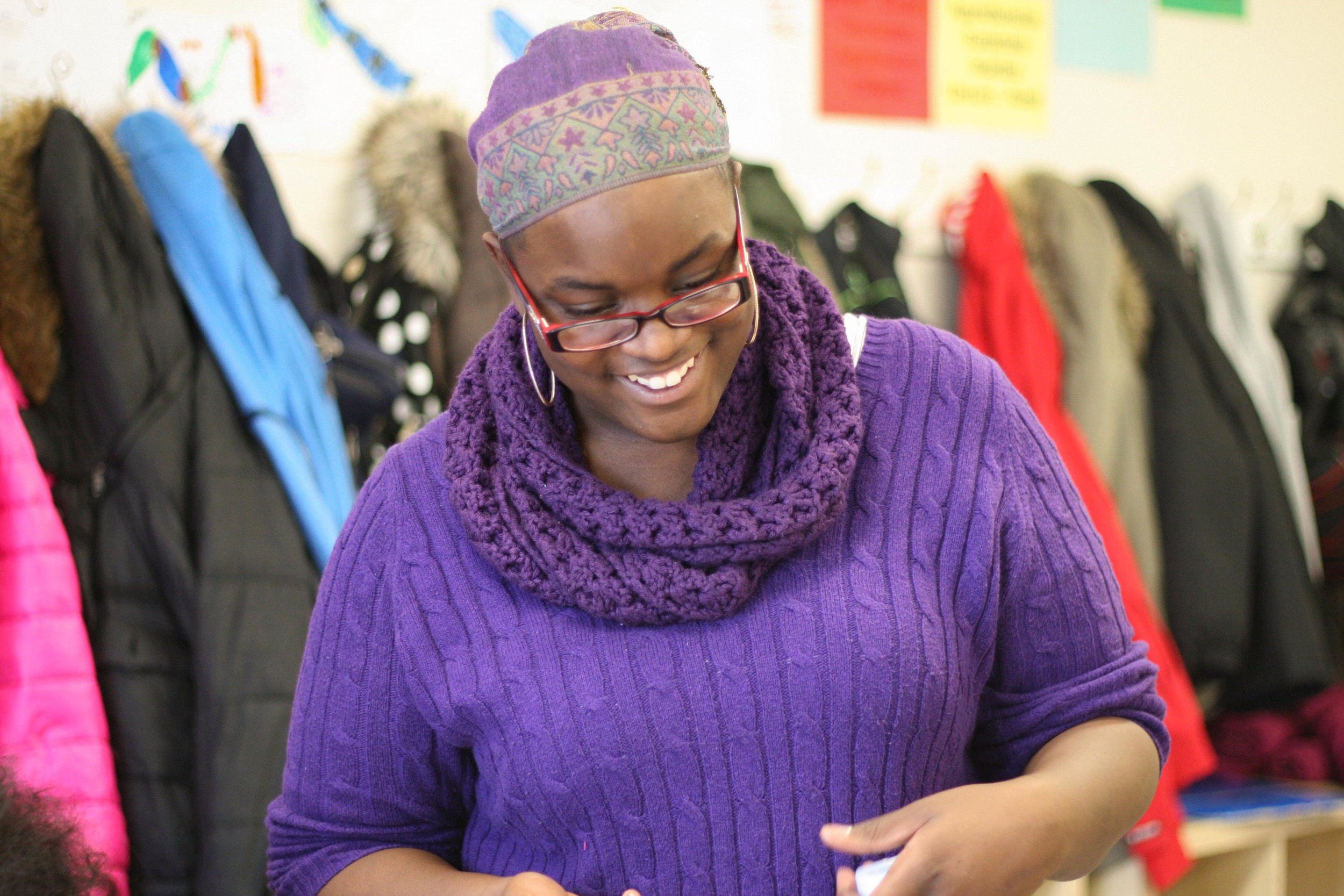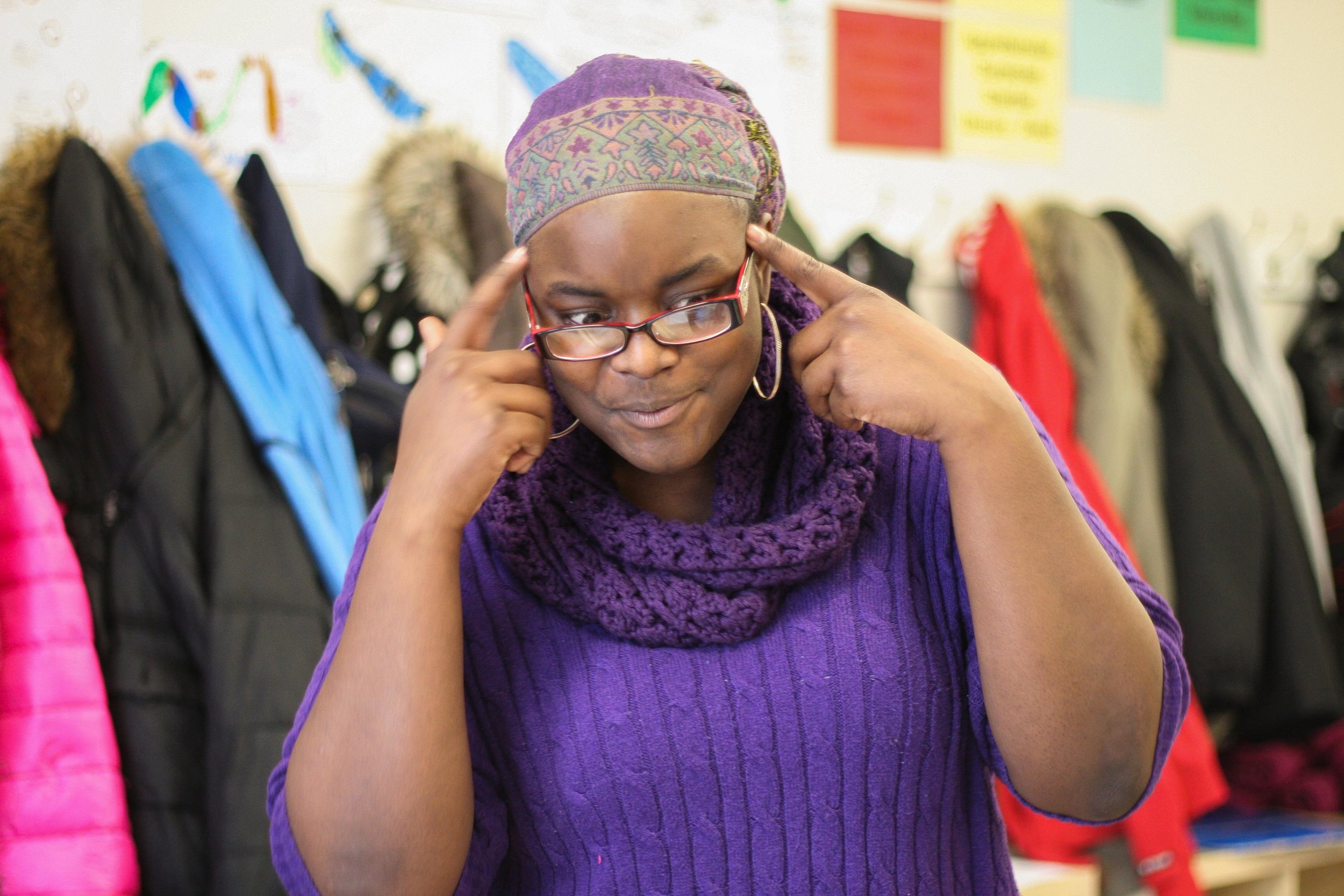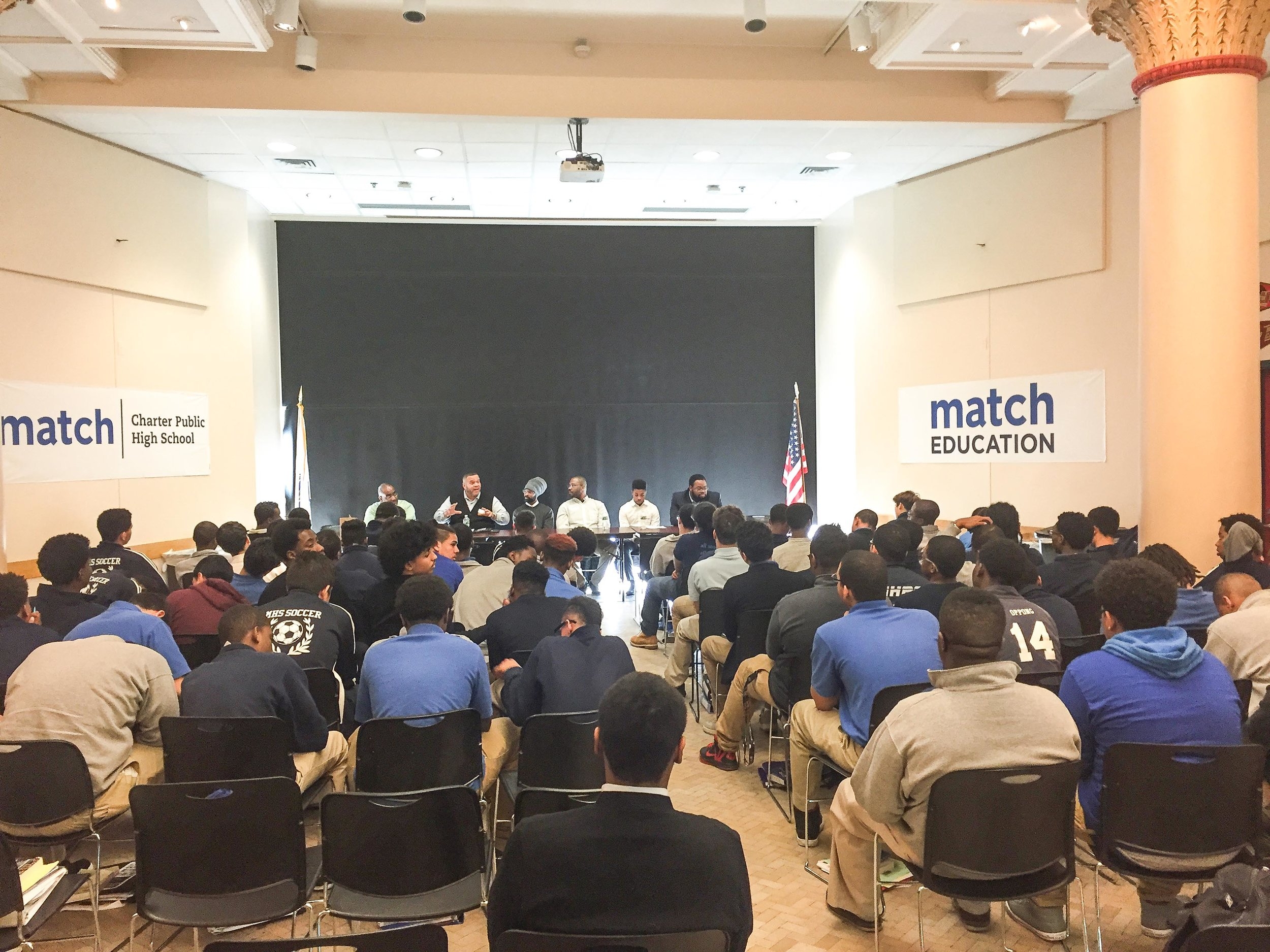Notes from a white board in our curriculum team's office.
There are no bean bag chairs at our office in downtown Boston. No ping-pong table or organic smoothie bar in the break room either. In fact, not much about Match Export looks like a “typical” start-up.
Yet, looks can be deceiving. Match Export, the newest division of Match Education, is our attempt to do something big, bold, and (we think), new in the field of education. It represents our best attempt to scale rapidly and influence millions of educators and students nationwide—all without leaving the cozy confines of our home base in Boston.
Not Your Typical Education Website
Our team at Match Export has one mission: to share broadly the insights, practices, and resources we rely on every day to power high-quality teaching and learning in our school. To accomplish this, we have developed two websites to help educators improve their practice and, ultimately, improve the quality of learning in schools all across the country.
Match Minis, launched a year ago, are short, animated videos that share what we know about classroom teaching, teacher training and more. They’re accessible and funny (or so people tell us).
Match Fishtank, launched last July, is our foray into the open educational resources (OER) movement. It’s a website that hosts – and shares for free – the curriculum and course materials we use at our K12 school in Boston. It’s much more than a series of documents on a Google Drive. It’s a full-blown website, with a search feature and download capabilities, that gives teachers access to full units and courses, or lets them pull a specific lesson or even a single math problem based on their teaching goals.
A Different Path to Scale
Many successful non-profits, and charter schools specifically, work to achieve scale through replicating. They take a model that worked well in one place, and try to make it work in as many other places as possible. KIPP is just one great example of this approach: KIPP’s impact comes by increasing the number of students who attend a KIPP school.
We respect immensely organizations that set out to achieve scale in this way. It requires resources, expertise, and an infrastructure beyond what we will ever possess in our organization.
At Match, we think about scale a little differently. We know we’ll never be big enough to reach every educator or student in the country directly. We believe, however, that if we create a digital product that is highly attuned to the needs of schools and kids we care about, and we work constantly to refine and spread awareness of our offerings, we have a chance to do something big and important.
Creating, Packaging and Distributing High Quality Content
There’s a lot of education-related content on the internet today. A teacher who opens up his or her laptop and types “free curriculum resources” into Google is likely to be inundated with lesson plans, unit assessments, and study guides. Some of these resources are likely to be relevant, accessible, high-quality, and from a reputable source. Many of these resources, unfortunately, are not. Even in curated teacher forums or resource marketplaces, finding the right education tools and adapting them to a classroom requires far more effort from time-stressed teachers than it should.
The challenge then is not just creating high-quality content. To find success in the next few years, the task of Match Export is to create, package, distribute and promote high-quality content in a way that is accessible and engaging to educators nationwide. We want to become a one-stop-shop for rigorous curriculum resources and creative approaches to improving teacher’s professional development. For Match Export, the charge is to create an organization that is world-class at both curriculum development and digital product management, and to house it all within our small education non-profit operation.
That’s why we have staffed Match Export with a cross-functional team. We have curriculum experts who have spent years in classrooms honing their craft, talented graphic designers and software engineers, and product managers with experience bringing new tools to market.
Early Signs of Success
We launched Fishtank and Minis in summer 2016 and have been creating and adding content ever since. As of March 2017, we’ve had more than 60,000 unique visitors. Over the next few months, we will be working to double the number of grades and subjects we cover on Match Fishtank.
In these early days, we have been struck by the range of ways teachers, curriculum directors, school leaders, and district administrators are putting Match Export’s resources to work. For example:
- A 3rd grade teacher in Georgia who found us through an internet search just a few months ago is now using our full 3rd grade course.
- A team of teachers at a school in New York City is using our 8th grade math unit assessments.
- One veteran teacher in a rural school district who was recently assigned to teach a new grade told us how thankful she was to find our "Of Mice and Men" unit - a book she had not yet taught.
Match Export operates from the principle that there is no one “right” way to use our resources. Accordingly, they are built to be equally useful to the 8th grade teacher who needs help teaching “To Kill A Mockingbird” as they are to the district curriculum director working to overhaul math curriculum across grade levels.
Match Minis, by design, can be plugged in anywhere educators are working to improve their practice— whether it’s a charter network looking to transform its professional development offerings, or a brand new teacher prepping for her first day in the classroom.
Hard Work Ahead
The feedback we’ve received from users so far gives us confidence in the quality and design of our resources. Still, we know we have a long way to go if we are to achieve our goal of reaching 10% of educators in the U.S. over the next five years.
In the coming months, Match Export will continue to make significant investments to build out both its curriculum development and product management teams. We will be bolstering our customer acquisition operation to better target and reach a larger audience of educators, adding more programmers to rapidly improve the our website design and functionality, and supporting our curriculum team to help get our unit plans, assessments, and guides up on our websites as quickly as possible.
Building an education “unicorn” takes work.











![On activism: “It’s important to speak your mind and offer up your perspective [as a person of color], or your experience can get lost.” - Jasmine Carr, student, Harvard Law School](https://images.squarespace-cdn.com/content/v1/543fe0e3e4b0f38ea7930575/1490045362823-ZFPYEDJCVYRGF8YMXRHT/image2+%281%29.jpg)
![On identity as a first generation-college student: “Your differences don’t make you not professional or not belong here [in the workplace] -- you do belong here.” - Patrick McDowell, financial analyst, Arrowstreet Capital LP](https://images.squarespace-cdn.com/content/v1/543fe0e3e4b0f38ea7930575/1490045403946-204AZMSKK99F1IPC3NM4/image3.jpg)



